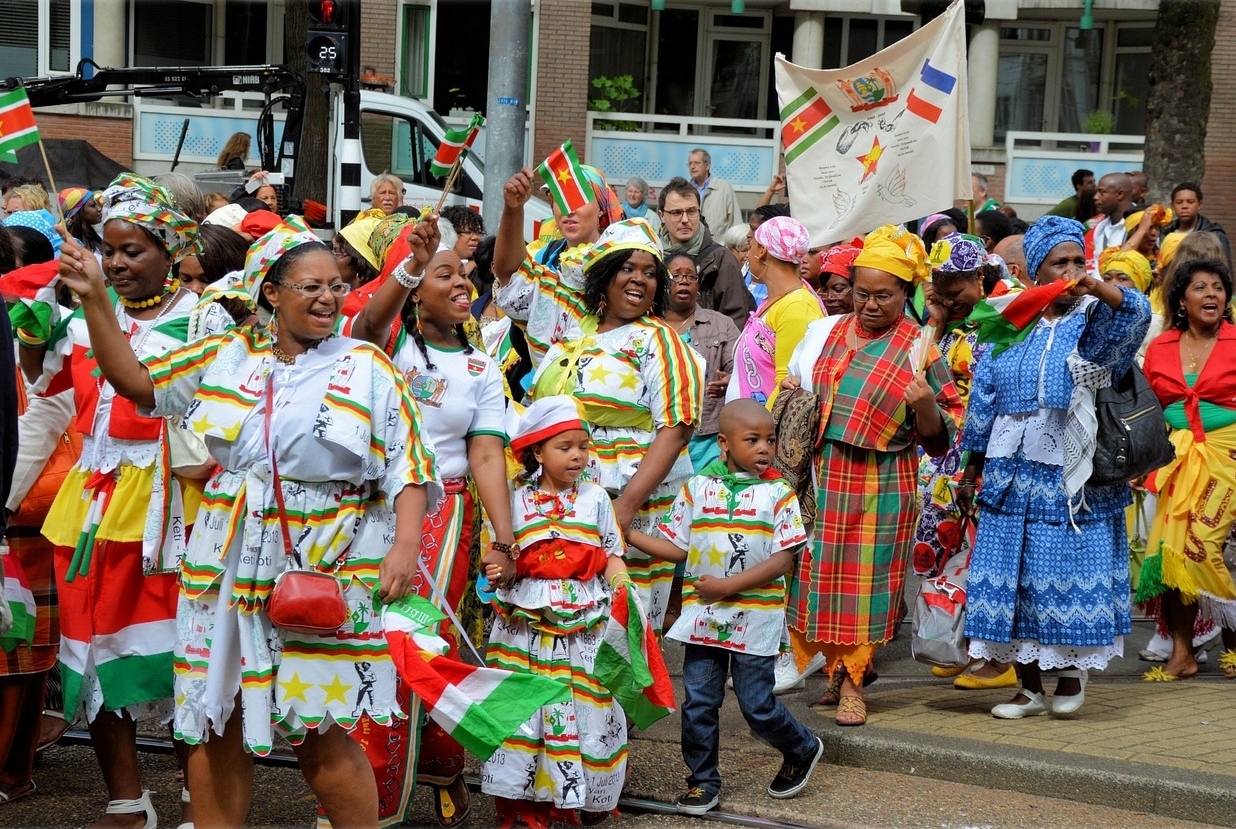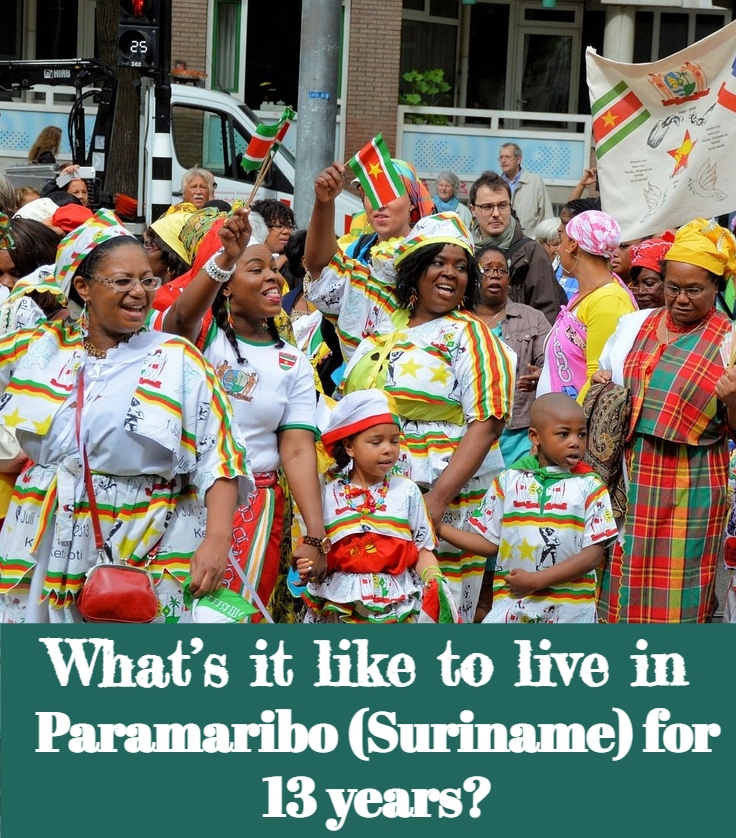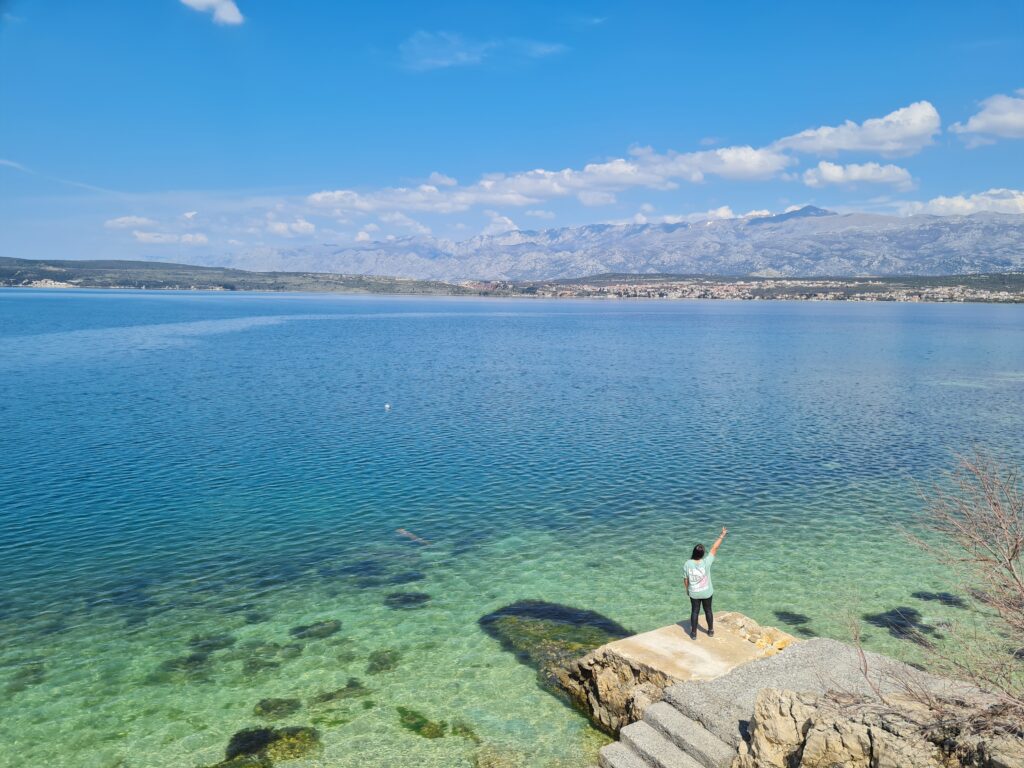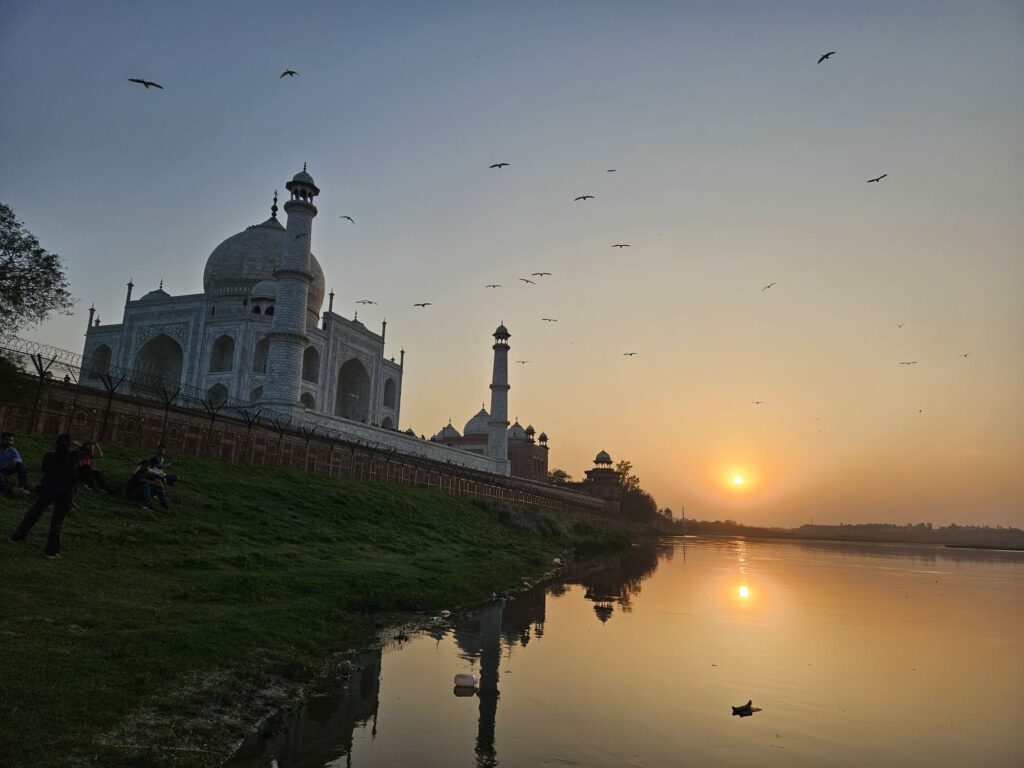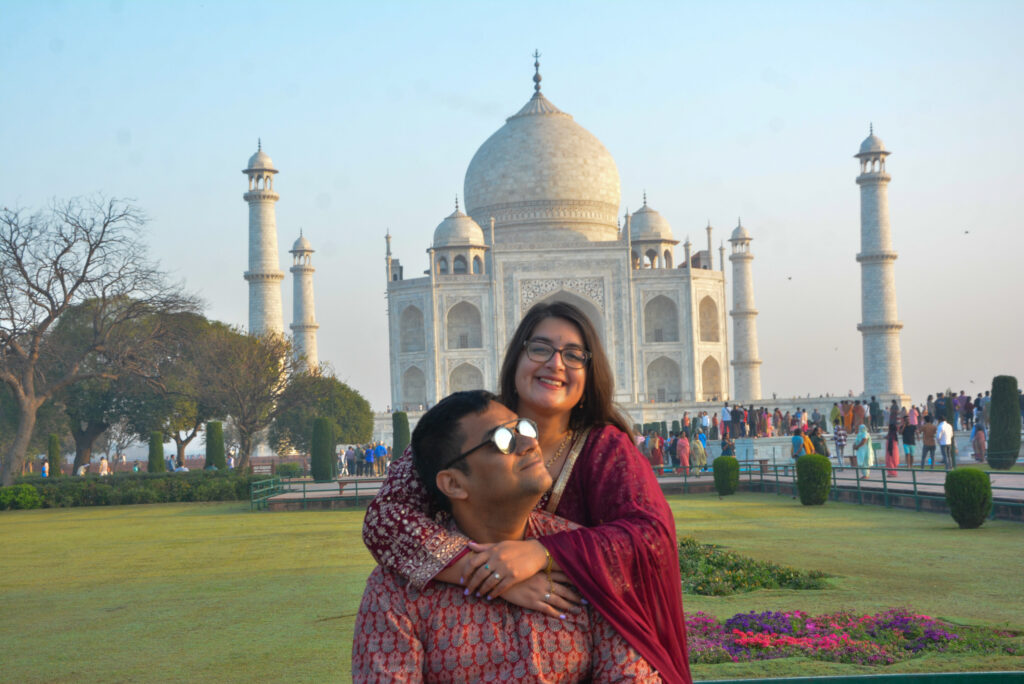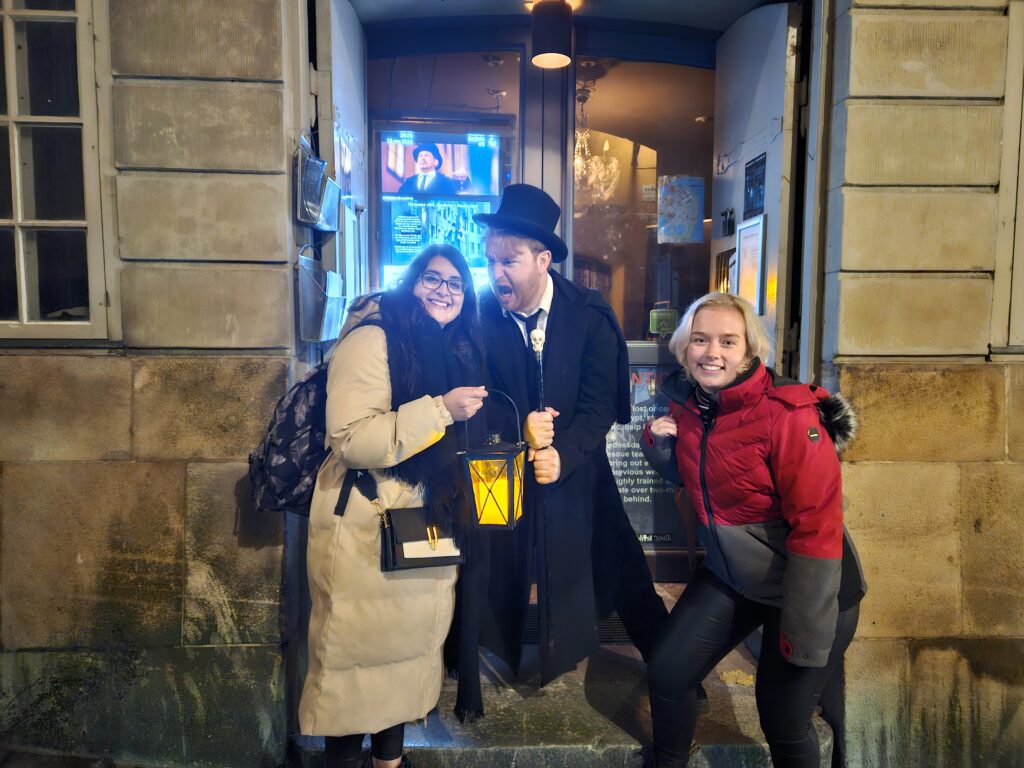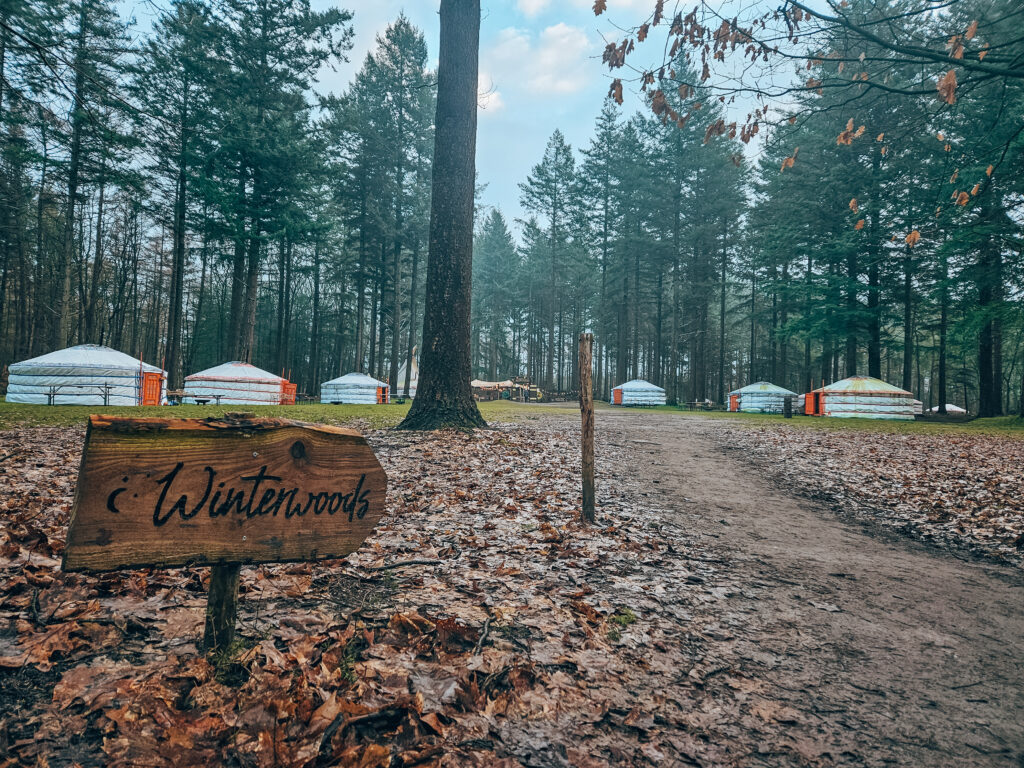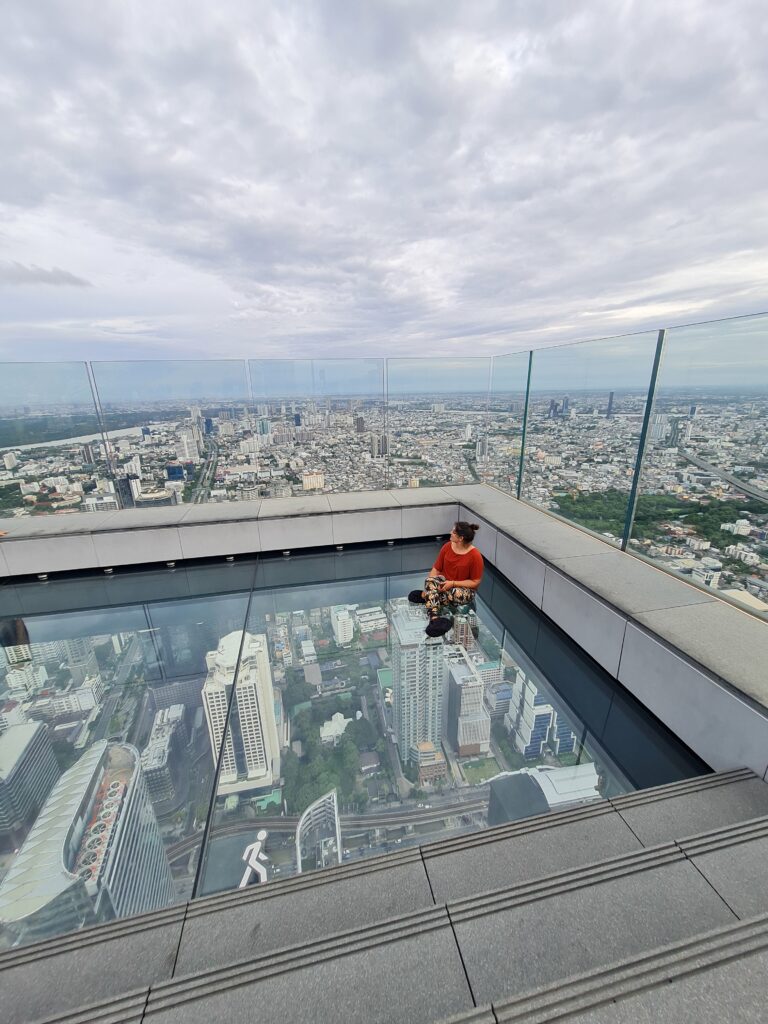Hi! My name is Anja and I lived almost 13 years in Suriname, also known as Dutch Guyana. It is a small country in South America. In this article I will tell you all about my experience of living in this tropical country!
Find me on social media:
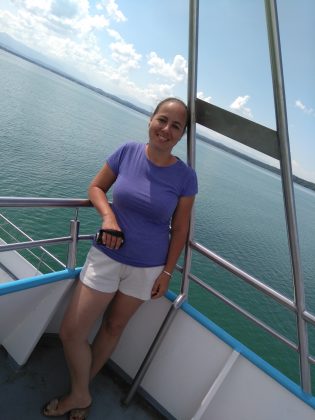
What to expect in this article:
- About Suriname
- Our lives in Suriname
- Things you have to know about Suriname
- What is it like to live/study in Suriname?
- Our children and Suriname
- (Dis)advantages of living in Suriname
- Tips for people who want to do the same
- What do people really have to do in Suriname before they leave?
- Biggest differences between Suriname and other places I lived
- Future plans of going back to Suriname?
About Suriname
Suriname is a country in South America. On the north, you find the Atlantic Ocean, to the east French Guyana, to the west Guyana, and Brazil to the south. It is the smallest sovereign state in South America. Suriname has a population of approximately 575,990 most of which live around the capital and largest city, Paramaribo.
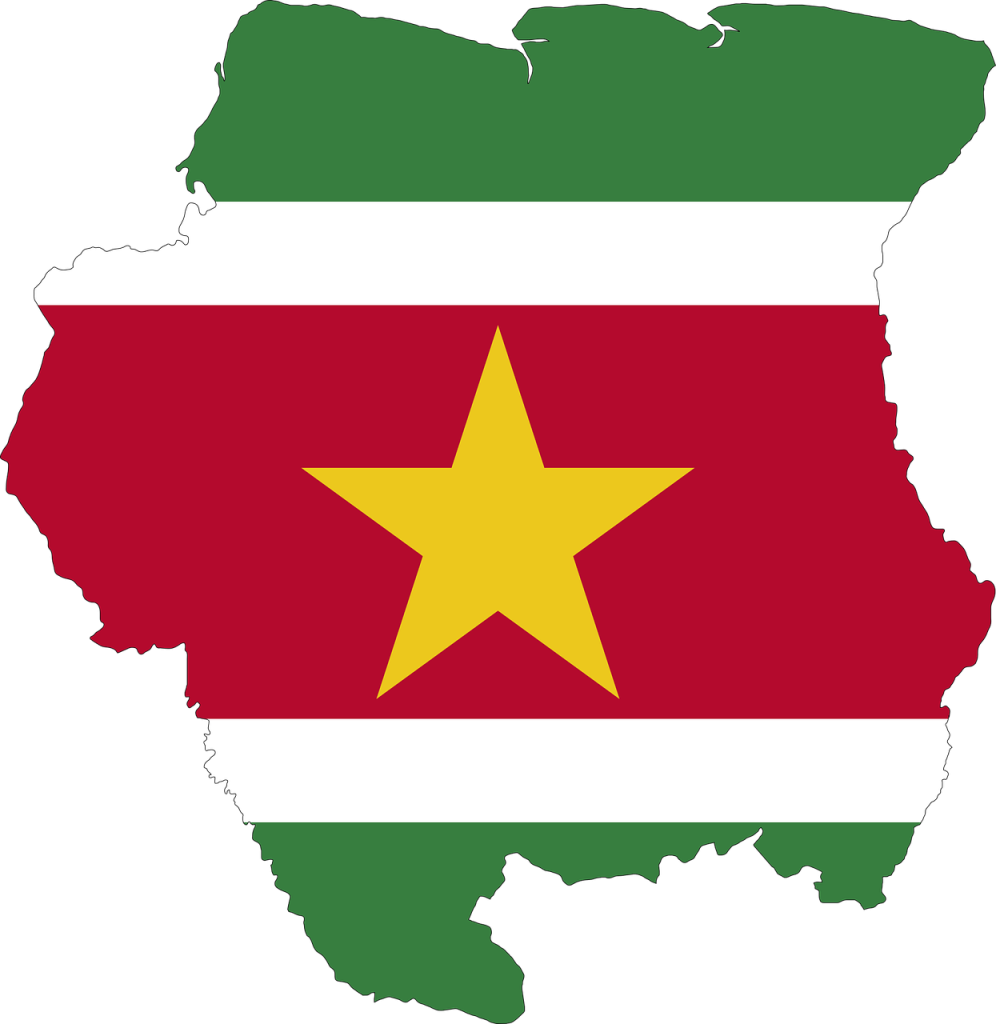
Our lives in Suriname
When we emigrated to Suriname we lived in the capital Paramaribo. After two years we moved out of the city to Wanica, Leidingen. Wanica is a big province in Suriname.
We went to Suriname as missionaries, but after a few years, we left the church we came from and joined a Surinamese church. Instead of leaving the country, we decided to stay there, because we liked the country and the kids were used to living there.
In Suriname, we lived from the salary of my husband. I volunteered at the school of my children where I was the president of the parent committee. I did a lot of work at their school, like rearranging all the classes, making them more kid-friendly, doing fundraising for important projects, and much more. When my kids grew older, I started writing for an online platform. After several years I started my own online Dutch lifestyle magazine called tipsvoorjou.com.
Since 2019 I have had another online magazine for parents called tipsvoormama.nl.
We eventually went back to the Netherlands in 2017 because of the kids. We wanted to give them a chance to study and get proper education. The schoolsystem in Surinam is very limited or very expensive. Also our daughter wanted to live in the Netherlands so we gave it a try. After almost 4 years reimmigration we can honestly say it was not the best choice for us. So, right now we are thinking about moving again to South America.
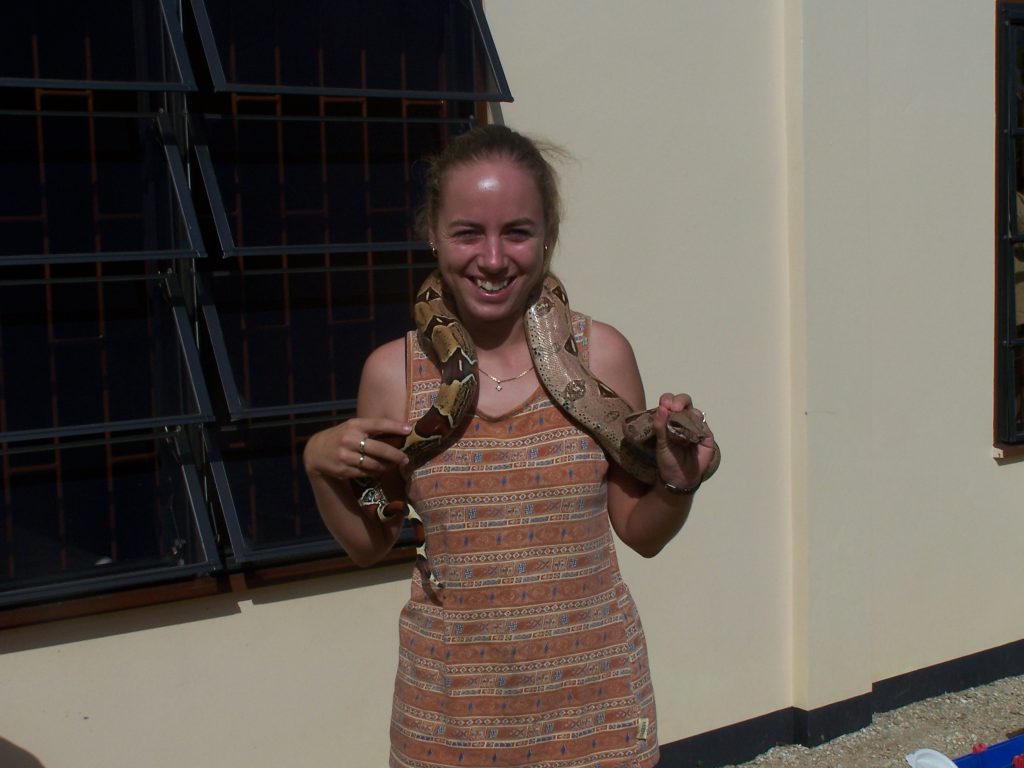
Things you have to know about Suriname
Tropical country?
Even though it is a tropical country, you will not find the typical white sand beaches and clear blue water. There are some manmade beaches, but all the waters are black. To some people that is a big shock, because they expect tropical beaches.
Most of the country is tropical forest with a lot of flora and fauna. It is a big country, but only 590.000 people live in the whole country.
Inhabitants
There are five different types of people in Suriname: Creoles, Javanese, Hindostan, Chinese, and Boerus (these are the progeny of Dutch farmers who used to live in Suriname in the late 1900s). Muslims and Christians live peacefully next to each other.
In the center of Paramaribo, you will find a mosque next to a synagogue, a unique thing in the world!
There are quite some expats mainly from the Netherlands and America.
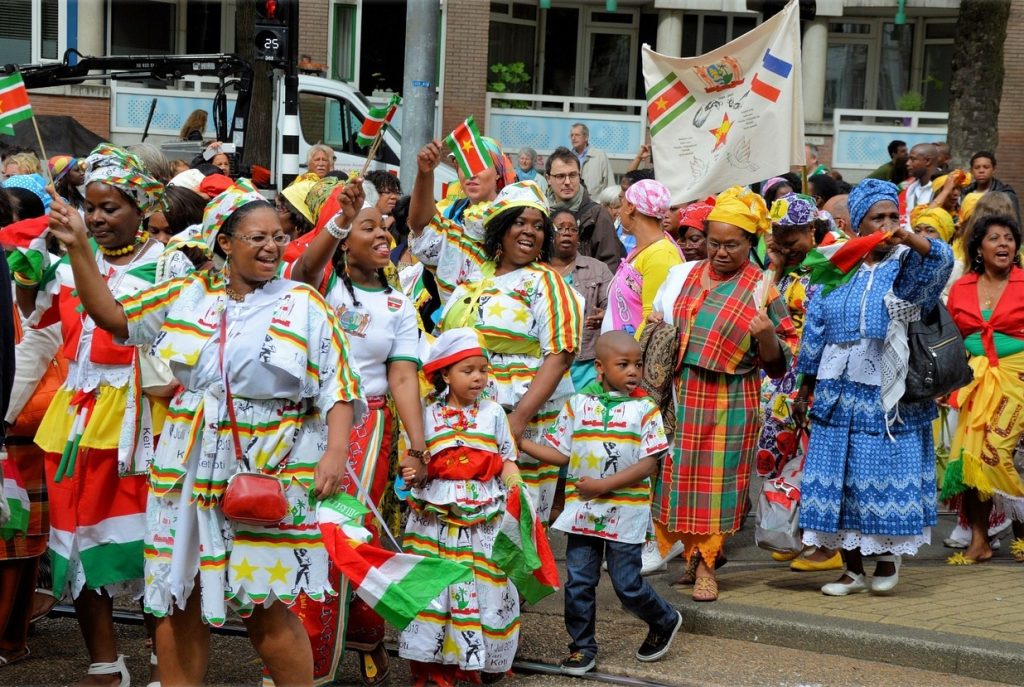
Main language
The main language is Dutch, because of the slavery of the Dutch people, but everyone speaks their own language too.
Most kids will not only speak Dutch but also Chinese, Sranan Tongo (Surinamese), Hindi or Arabic.
Next to that, even though the main language is Dutch, everyone speaks English as well. So you don’t have to worry about that.
What not many people know
It is not a tropical destination with white beaches and blue water. It is more an adventurous destination if you love the jungle (Also; there is no malaria, fortunately, but be aware of the Chikungunya and Dengue virus).
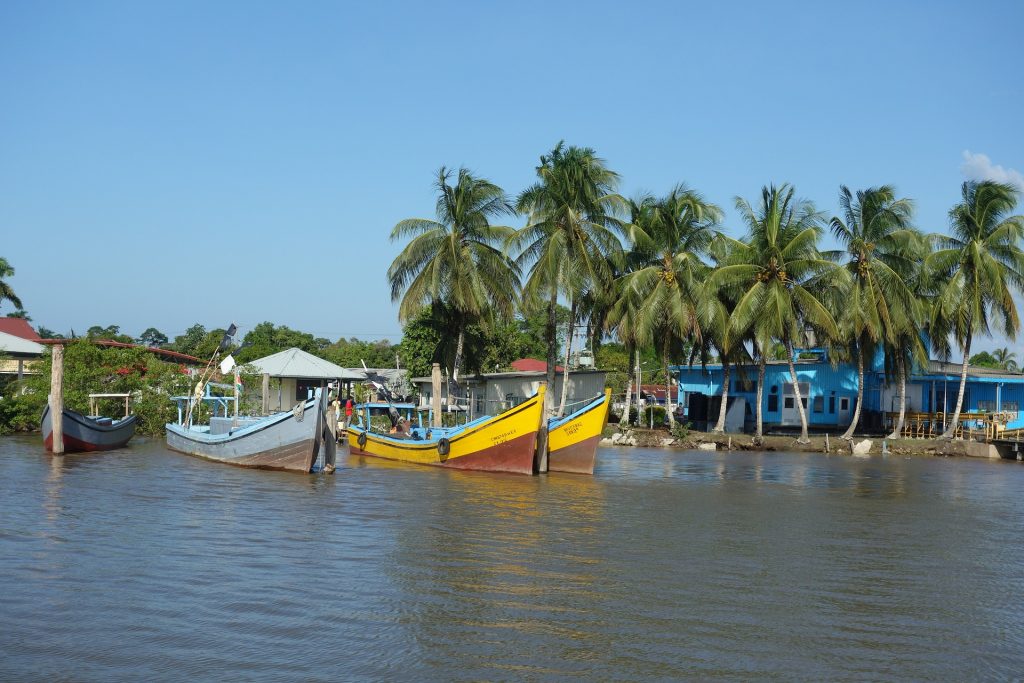
What is it like to live/work in Suriname?
Suriname is a third-world country, you have to be aware of that. Do not expect nice neat streets, sidewalks to walk on, or shops similar to Europe.
If you walk into a supermarket (most of them are from Chinese people), you will find not only food but also electricity, everything for your car or motorcycle, clothing, make-up, appliances, and much more.
If you see something you like: buy it immediately, because chances are that they only have limited stock. Most of the time means if something is sold out, it really is sold out and you can not find it anywhere else.
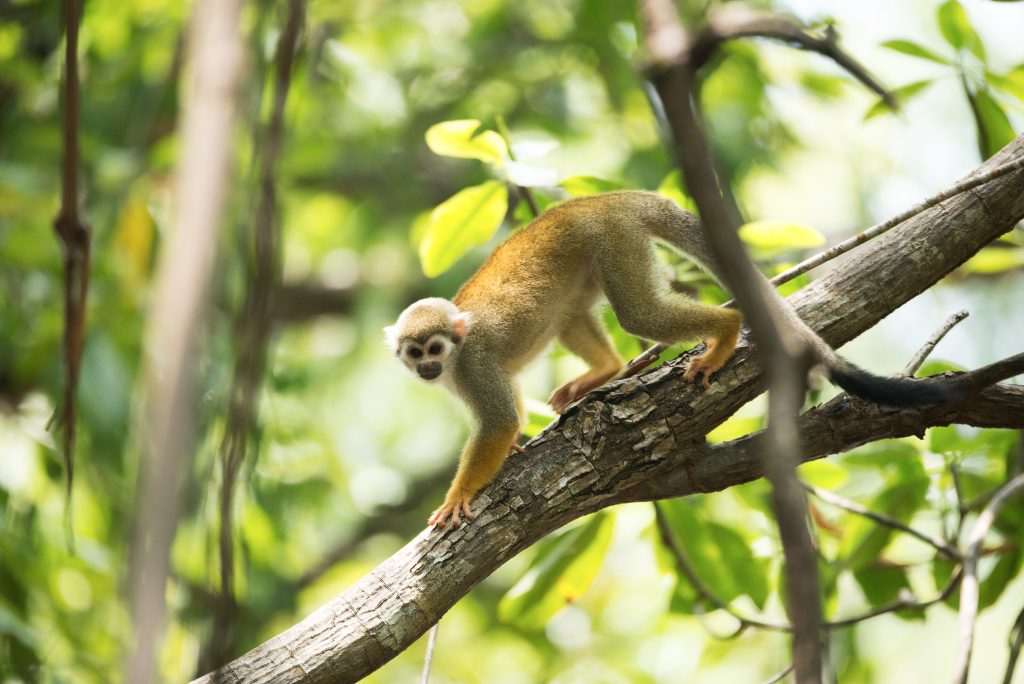
Culture & Nature
People are relaxed and don’t take appointments too seriously. So if you have an appointment most people will not come in time or at all. The culture is laid back and you need a lot of patience especially when you have to pay your bills or get the paperwork done. You will easily spend hours in the bank or at the immigration service.
Nature is overwhelming, especially the forest. But you have to be careful not to get lost. Nice streets leading to the forest are almost nowhere to be found, so you need a big car to cross the jungle. The center of Paramaribo is filled with shops, most of them run by Lebanese people or Chinese people.
The infrastructure is poor and the roads are full of holes. Even in Paramaribo there are a lot of sandy streets, only important roads are made of concrete.
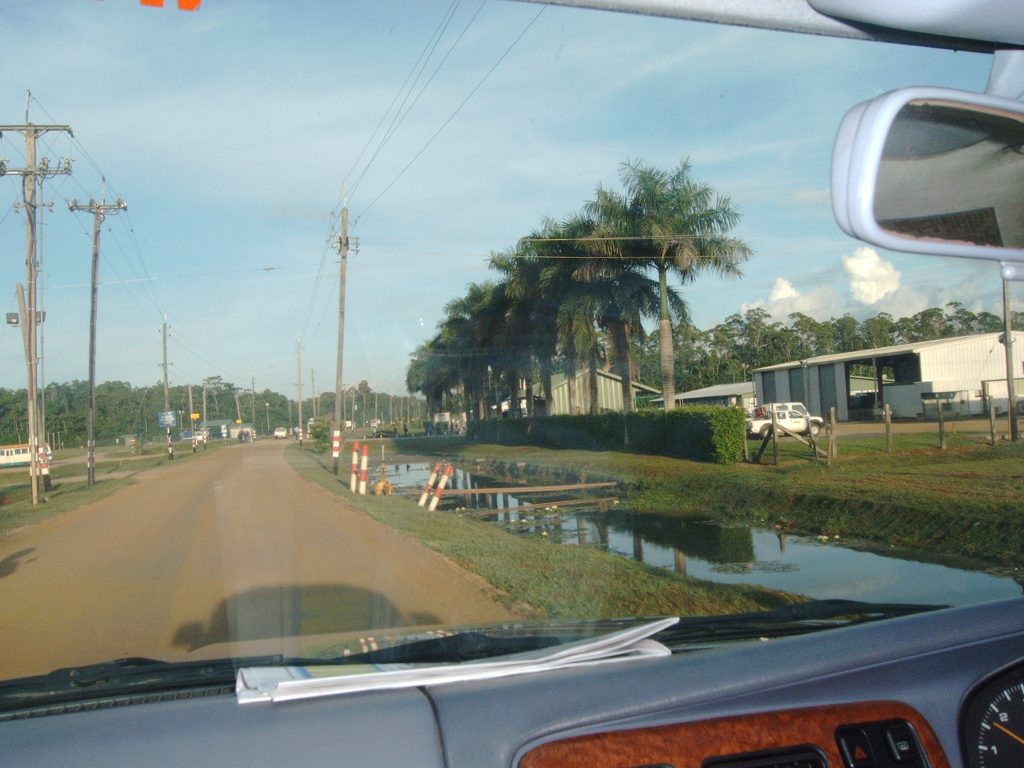
Parties
People love to party (do not spoil it by coming at the exact time you were told, because the real party starts at 9 PM; if you come at midnight you are most welcome because parties last till the next morning).
Food is very important. No food, no party. You can eat as much as you like and if you leave, you mostly will get a plastic container filled with food you can enjoy at home.
Documents & Salary
If you want to stay in Suriname, you need a residence permit before entering the country. The first permit is for a year, then you have to file again for a year.
Then for 2 years (If I am correct) and after 5 years, you can apply for permanent residence.
Salaries are low, except if you work for multinationals. And lastly, prices in shops are currently very high because of inflation.
See these other articles about living abroad:
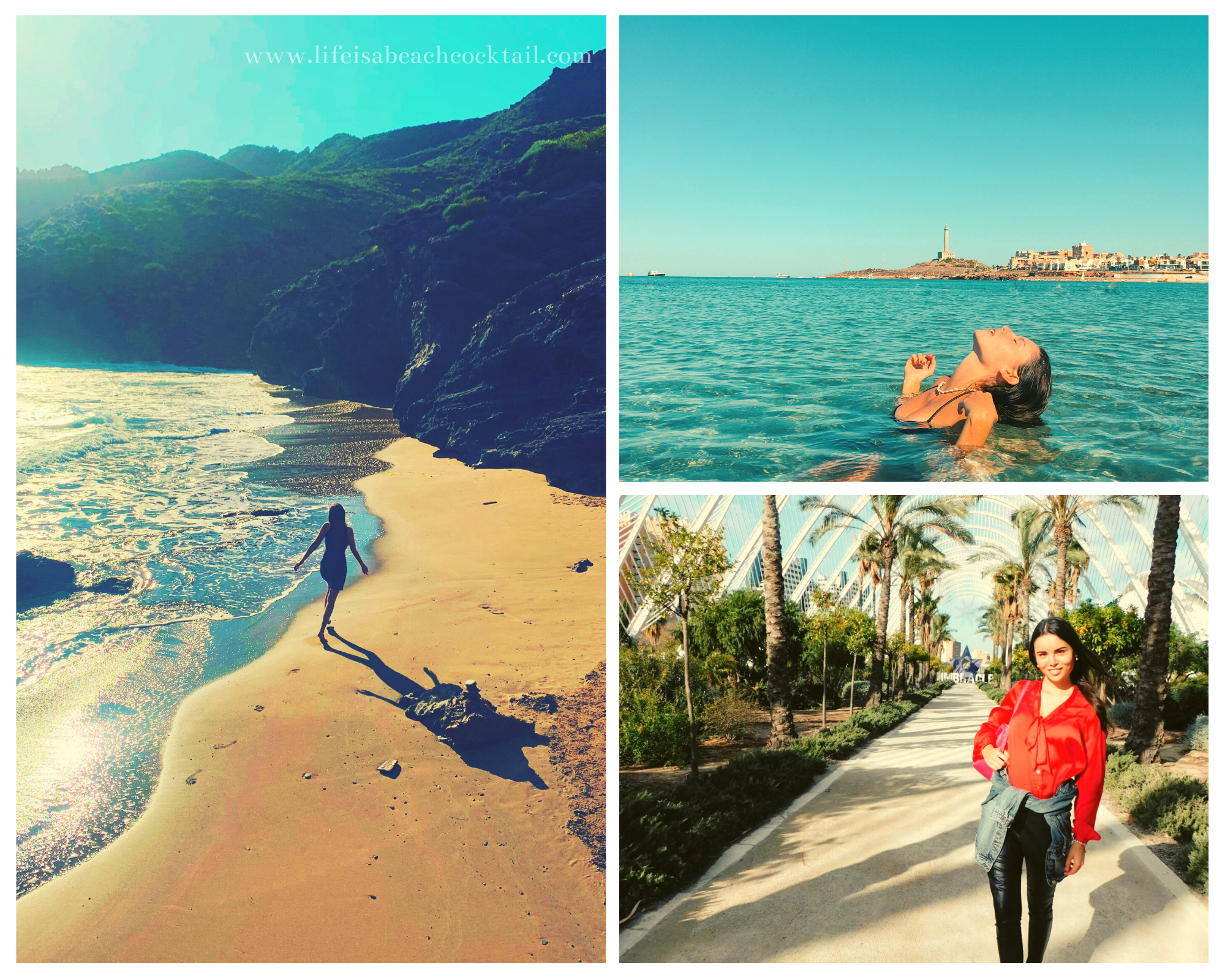
What’s it like to live in Murcia (Spain)?
Hi everyone! I’m so thrilled to say something true about the typical dreamy cliché “living abroad near the sea.” I’m a blogger and internet nomad originally from the European heart
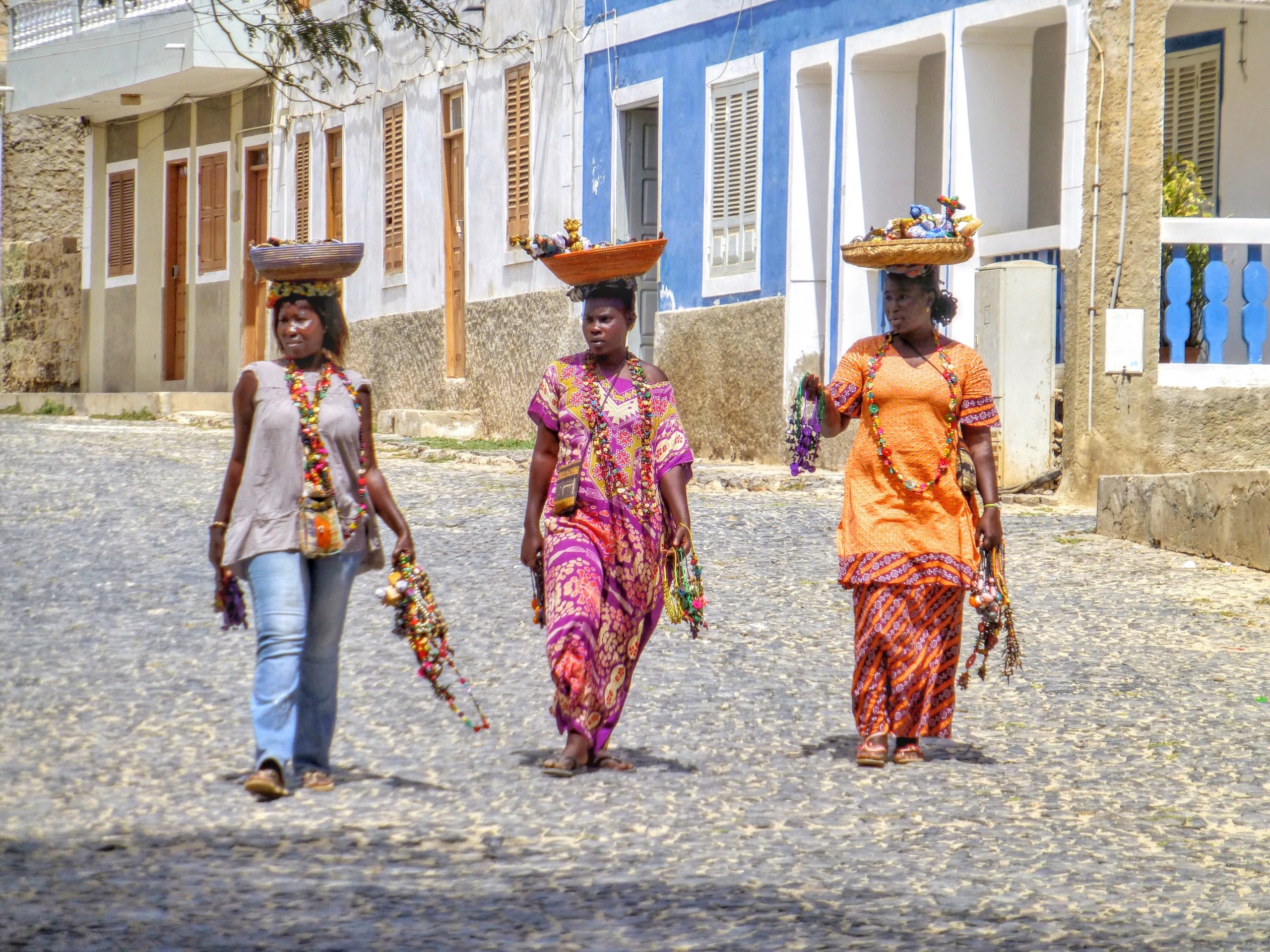
How to work in Cape Verde as an expat
Hi! I am Samantha, a 28-years old Dutch lady from ChiMotion Lifestyle. Nice to meet you! I spend over 5 years of my life as an expat on the beautiful
Our children and Suriname
We moved to Suriname when the kids were 5 and 2,5 years old. They really enjoyed the freedom, but had some troubles in school, because they went to a normal Surinamese school and they were different.
My daughter thought she was Surinamese too, only with a different skin colour. They adapted very well and even spoke Surinamese (just like me).
After elementary school we took them out of the Surinamese school system, because in high school there are only two choices: Mulo and LBGO. You can compare them with VMBO and LBGO (there is no comparison to the Dutch system). Check this link for more information.
The kids played with all the kids in the neighbourhood and enjoyed the swimming pool of our neighbours almost every day. They lived more outside than in and never had a dull moment.
Kids go to school from 8 – 13:00 and then go home to make homework. Most of the kids will take a nap when it is too hot in the afternoon. Because of that a lot of kids are up late at night. And not only kids: a lot of people stay up late because they take a nap in the afternoon.
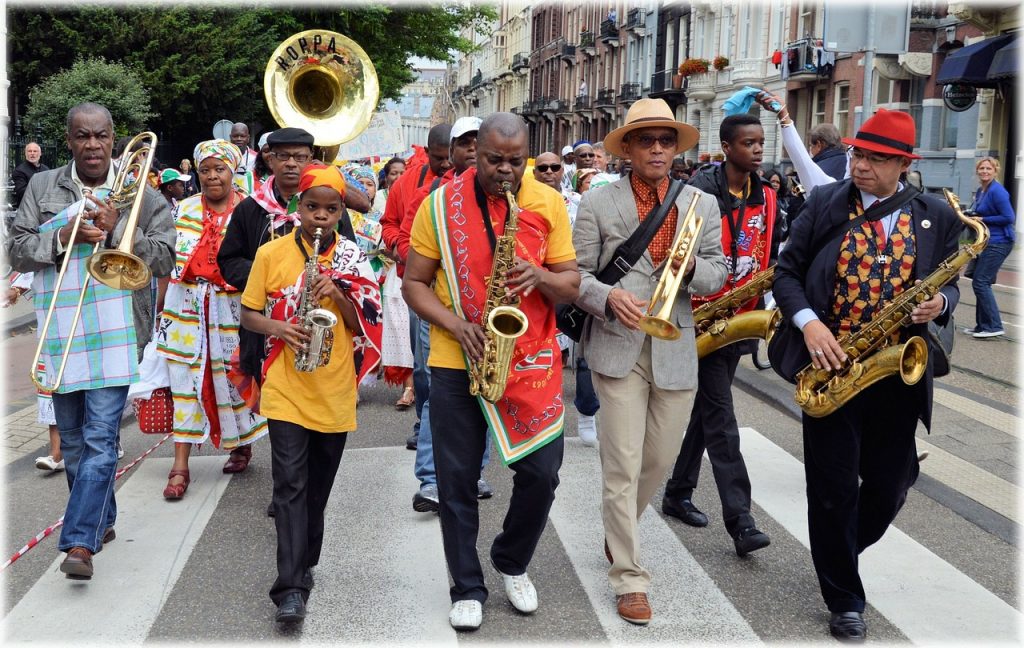
(Dis)advantages of living in Suriname
DisAdvantages
The biggest disadvantages of living in Suriname are:
- As everything is laid-back making appointments is sometimes very difficult.
- In the rainy season (May and June) streets often tend to flood, so you have to know the streets very well, otherwise, you could get in trouble if the water is too deep for your car.
- There is a lot of bureaucracy, so you need a lot of patience or get involved in bribing people, but I would not recommend that. It is a small country and it seems like everyone knows everyone. The saying is: if you do something in the morning, in the evening everyone knows including the president.
Advantages
The biggest advantage of living in Suriname are:
- The laid-back lifestyle
- The warm temperatures year-round.
Even though it seems very negative, I loved living there. The freedom, people are nice and very helpful if you have troubles with your car or need help in another way.
The laid back way of life has it’s downsides, but it is also very refreshing. No rushing, no stress and you feel like you are a human being, not just a number. It gives people the opportunity to do things differently.
Surinamese people are very clever in fixing stuff in stead of buying new things.
Out of the box thinking is very common and it is surprising to see how people deal with poverty by making new things people would not even dream of here. Because of that a lot of people will do things beside their jobs to get some extra income.
Do not wonder if you get caught up in traffic jam at 22:00, because a lot of people are on the streets in the evening. Chilling with some cold drinks in front of supermarkets, talking and listening to music.
Most houses have big yards, so you can enjoy being outdoors within your own territory. The soil is very fertile: if you throw some melon seeds, pumpkin seeds or even the peel from sweet potatoes on the ground, it will likely grow up to a full plant with fruits.
I once threw some pumpkin seeds in my backyard and it grew out to a pumpkin that weighed 10 kilo or more. Same happened with melons, I even grew a papaya tree that way. I love flowers especially orchids and I had a lot of them just growing in my garden.
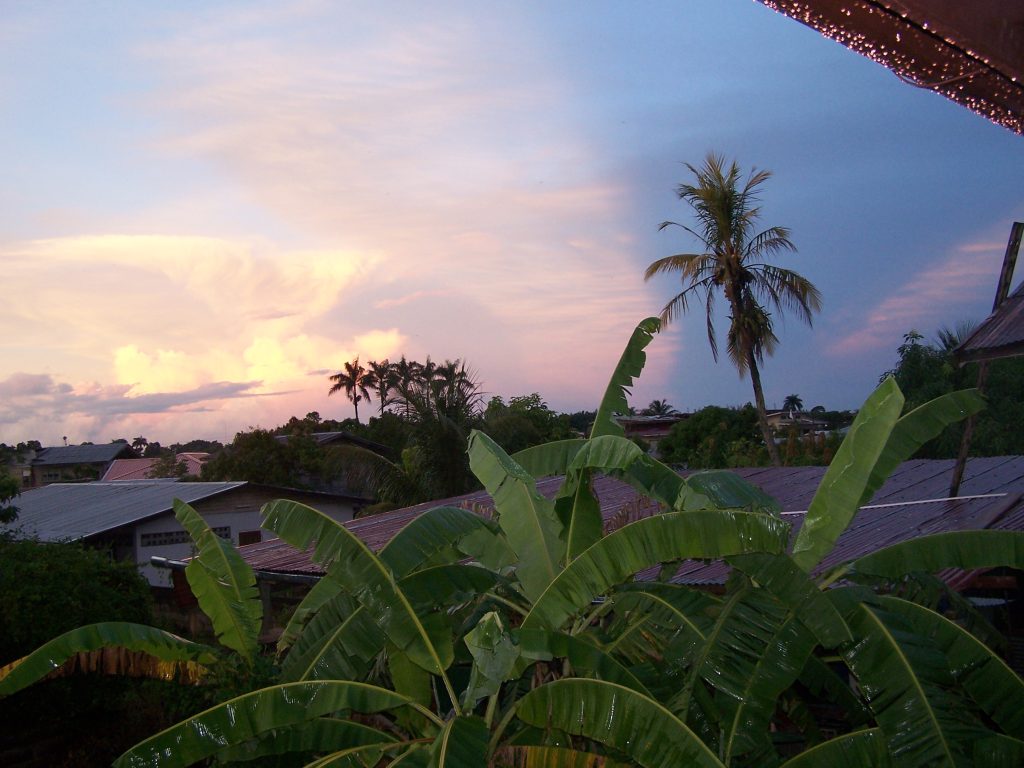
Tips for people who want to do the same
Suriname is a very nice country but you have to be aware of some things;
If you are white-skinned, you have to be careful because people associate this with money and will try to pull your legs and get you to pay way too much money for services.
If you do not have patience, then this country is not the place to be for you.
Even if you know things better, often it is better to not say it, because people feel very quickly offended and it will cost you more time (and money) if they think you think you are smarter than they are.
If you ever have a party: be prepared that you have to welcome everyone who wants to join, even if they are not your friends or you do not know them.
If you are a tourist and you see a party or a wedding you will often get invited to join, have food and drinks, even if you are an outsider or just passing by. Do not hesitate and enjoy the evening and night!
See these other articles about living abroad:
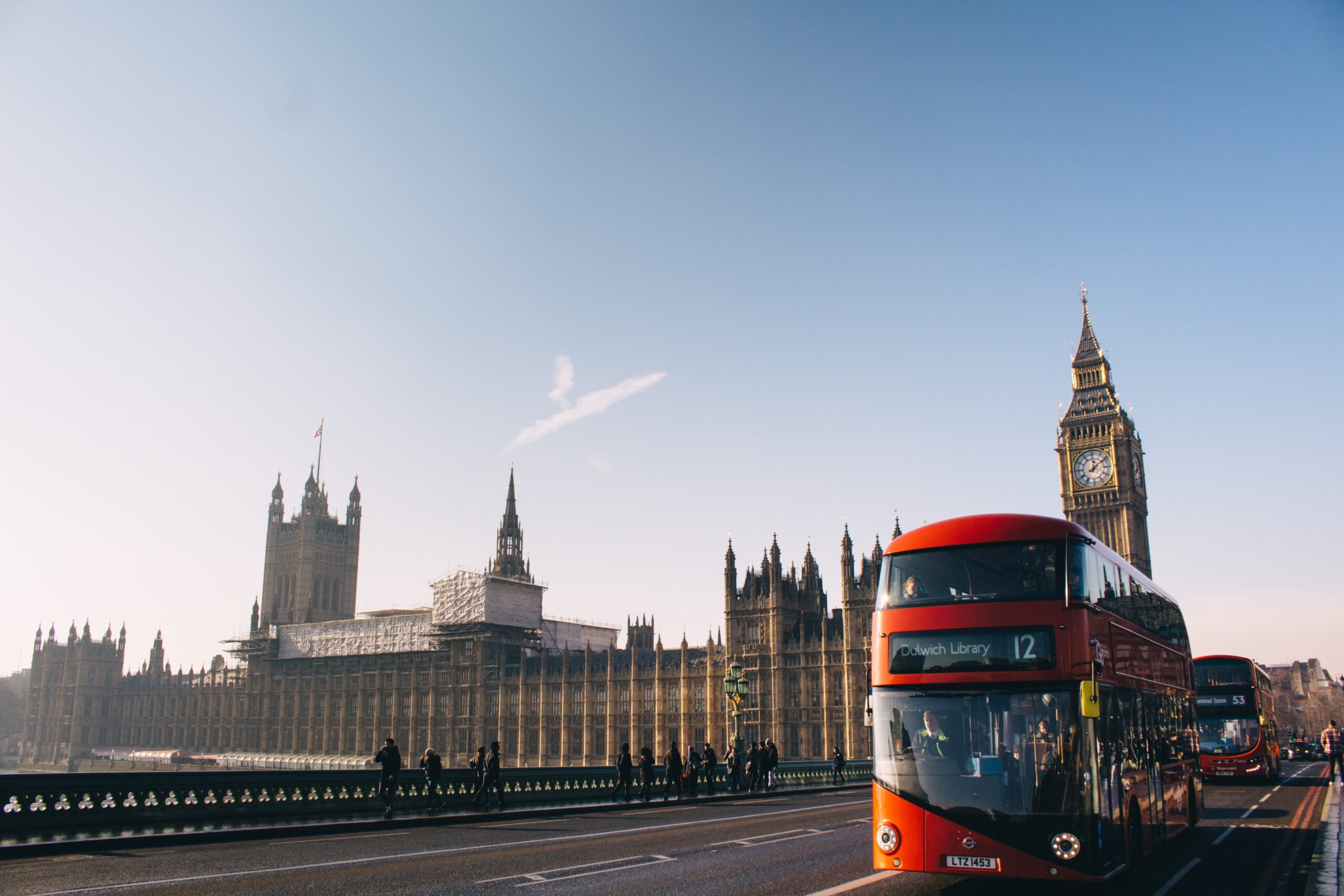
What´s it like to live and work in London?
Hi! I am Asvin and I am living (and working) in London since I was 9 years old. I am from Netherlands, but I moved to England when I was
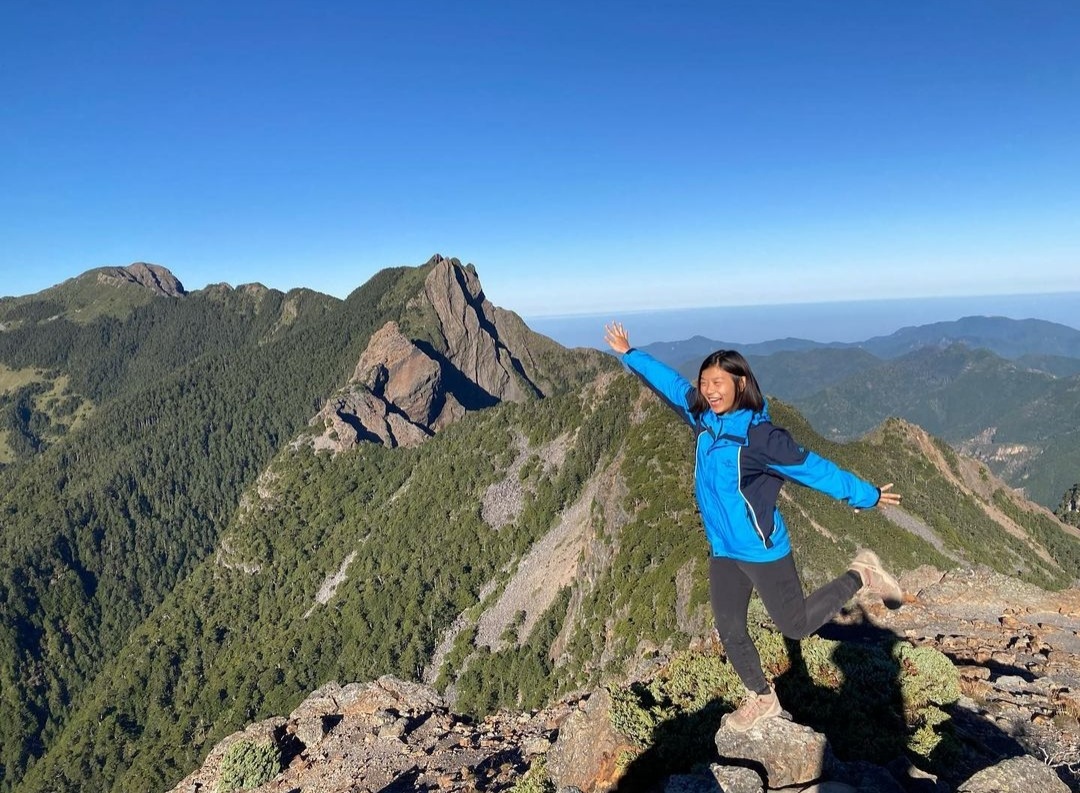
What’s it like to live & work in Taiwan?
Hi! I am Shu Ting, a 24-year-old Taiwanese girl I have been living in Taiwan for 23 years, lived one year in Europe (mostly in Spain) at the age of
What do people have to do in Suriname before they leave?
Unfortunately, we did not see much of the country because traveling is very expensive. If you do not earn US dollars or Euro’s it is almost impossible to visit nice tourist places. Luckily there is a lot of nature to visit.
I would recommend you to visit Neotropical Butterfly Park. This is not just a butterfly park, but it also has a beautiful panorama and a lot of nature.
One thing everyone should do in my opinion is seeing the sea turtles hatching in Galibi. This is a place east of Paramaribo and on the border of French Guyana. It is truly amazing to see the baby sea turtles hatching and crawling to the sea.
Every culture has their own unique foods. But if you are in Suriname make sure you try: roti with chicken or goose, try gemberbier and have bakabana (baked banana) with pindasaus (hot peanut sauce). Also very delicious: pom, nasi and bami.
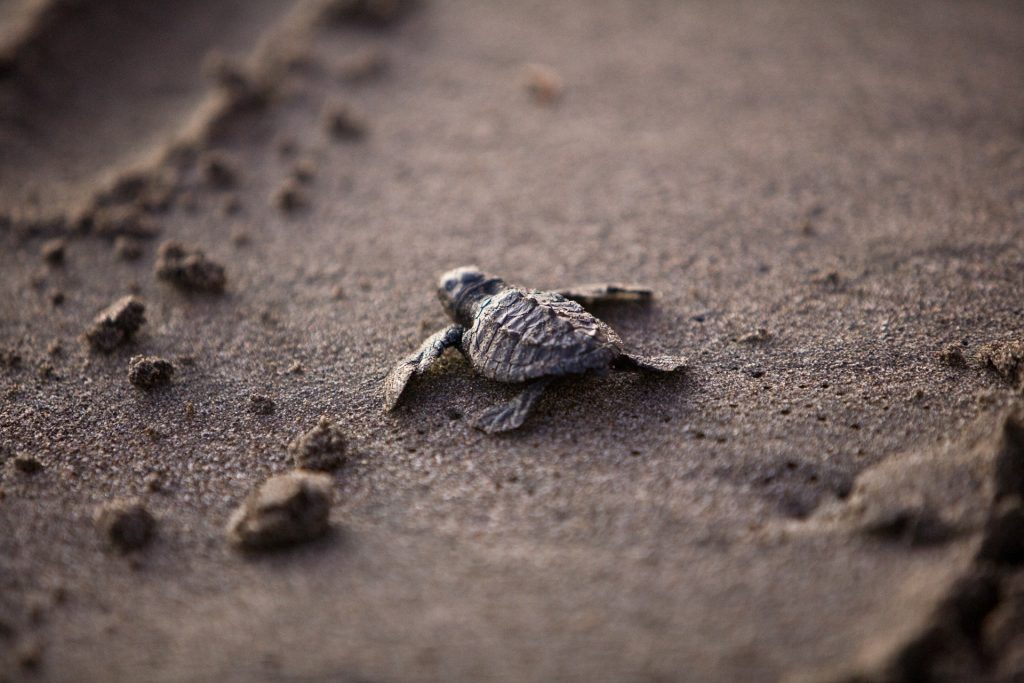
Biggest differences between Suriname and other places I lived
Suriname is a poor country with a lot of people that are not educated. Some see white people as people who made it in life, others despise white people.
The hierarchy is heavy: the boss is the boss and your manager knows best.
People get up very early (4:00) to cook, go to work at 7:00 come home at 15:00, and then go to sleep in a hammock till 19:00. In the evening they go to bed late, because they slept in the afternoon.
Warm meals are eaten after they come home from work (they just warm what they cooked in the morning).
With Suriname, you either fall in love with the country or you hate it and will leave it as soon as possible. We loved it and stayed in total for 13 years.
We loved living there and couldn’t imagine living somewhere else. We had friends, the kids enjoyed their lives, working hours from 7:00 – 15:00 were amazing (for my husband) and everybody was happy.
Unfortunately the economy collapsed because of a bad government and for us it felt like taking the next step for our kids. If it was not for them, we would still be living in Suriname.
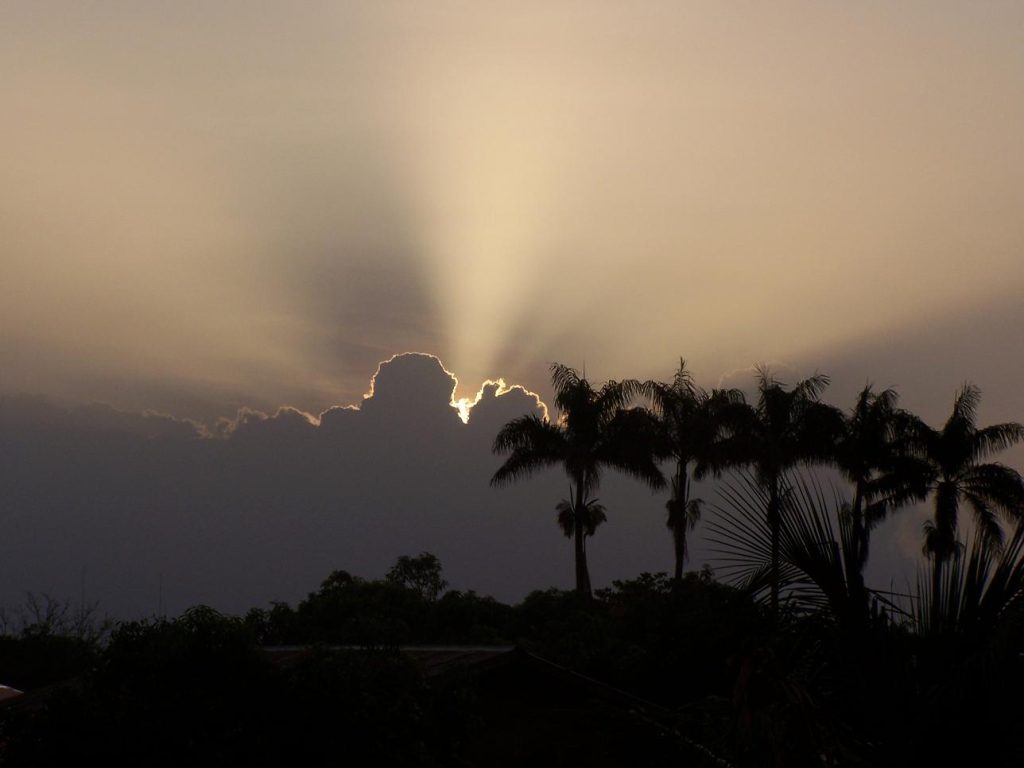
Future plans of going back to Suriname?
We do not yet have any plans to go back to Suriname, but I do not think we will stay in the Netherlands.
We are back in the Netherlands since July 2017, but we are not used to the weather and the culture anymore. So chances are we will not stay in the Netherlands. Right now we are thinking about moving again to South America.
If we are moving abroad again, you can read all about it on my social media. Also, if you have any questions about either traveling, living, or working in Suriname, leave a comment below or send me a message!
I hope you liked the article and thank you for reading it!
XO Anja
Hooray you came this far! Want to read more?
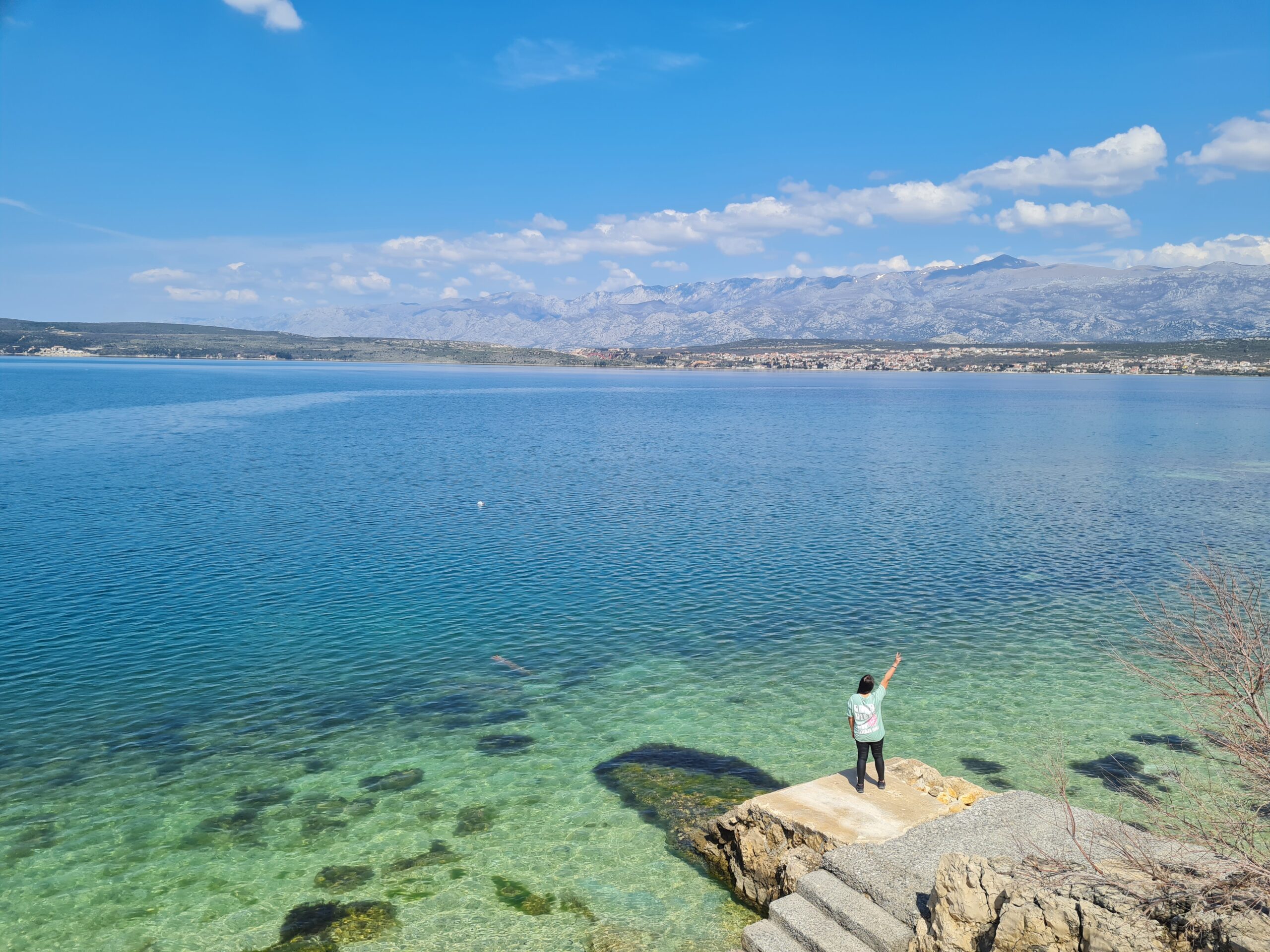
Novigrad – Hidden Croatian gem in Zadar County
Have you ever heard of Novigrad in Zadar County? It is truly a hidden gem in Croatia, as it is beautiful! In this article I will tell you why!
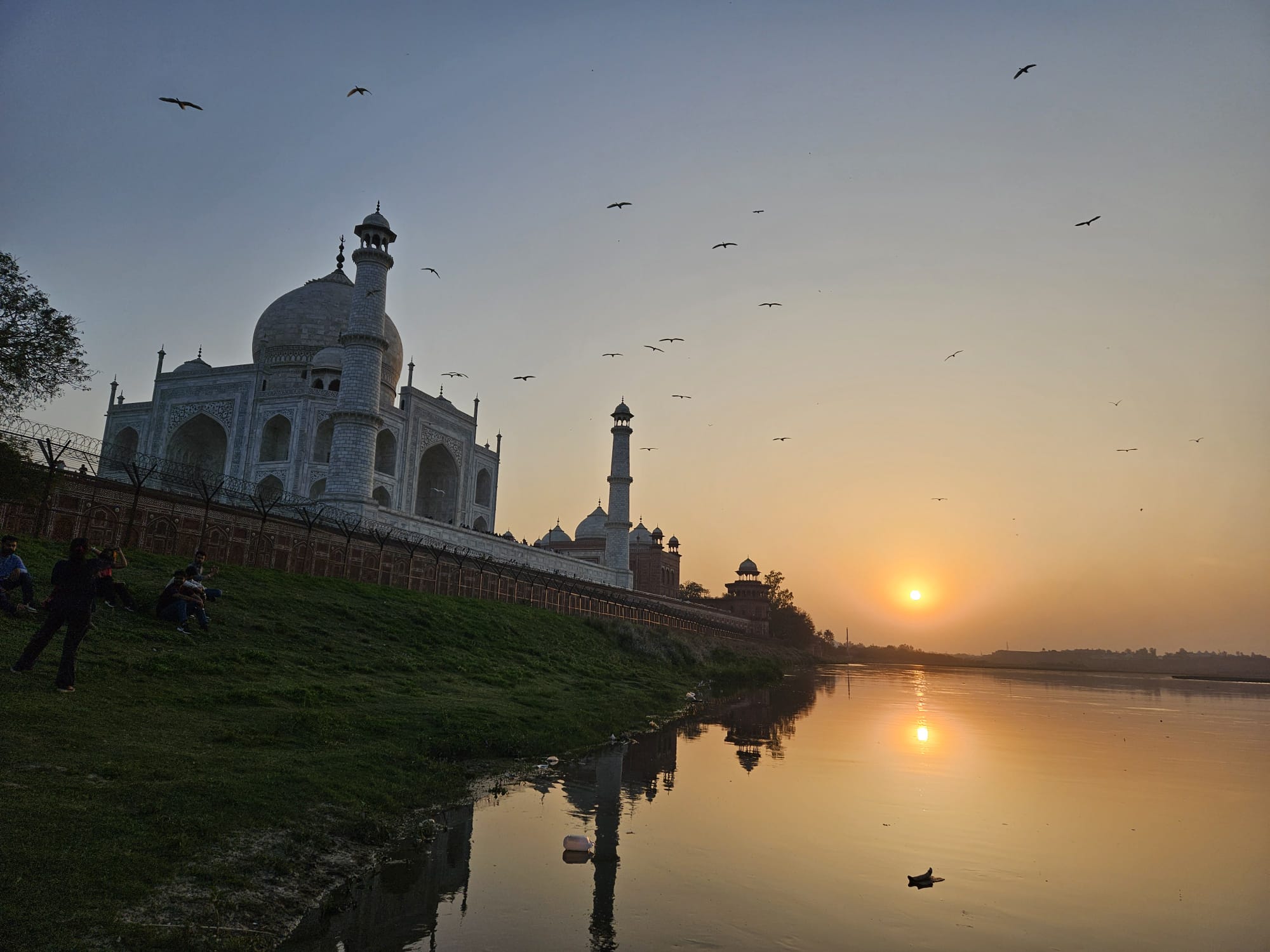
Joey’s Hostel: Best accommodation to stay in Agra
Are you looking for a good place to stay in Agra? Then definitely check out Joey’s Hostel. We had a great stay here and in this article, I will tell you why!
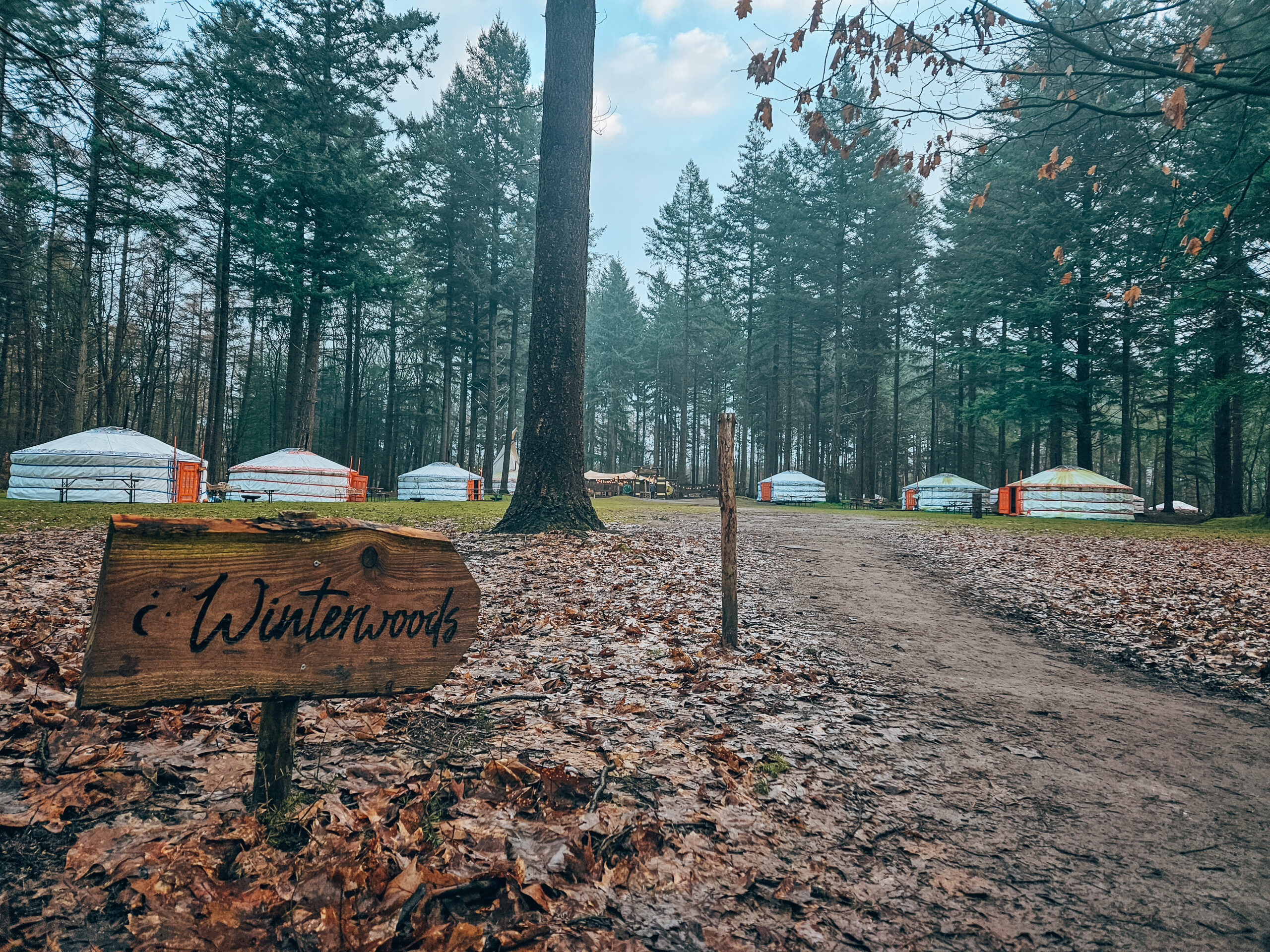
Off-the-grid accommodation: Winterwoods in Drenthe
Would you like to sleep in a yurt and do awesome activities, like yoga, cold water dipping and making your own fire? Then this is your type of accommodation!
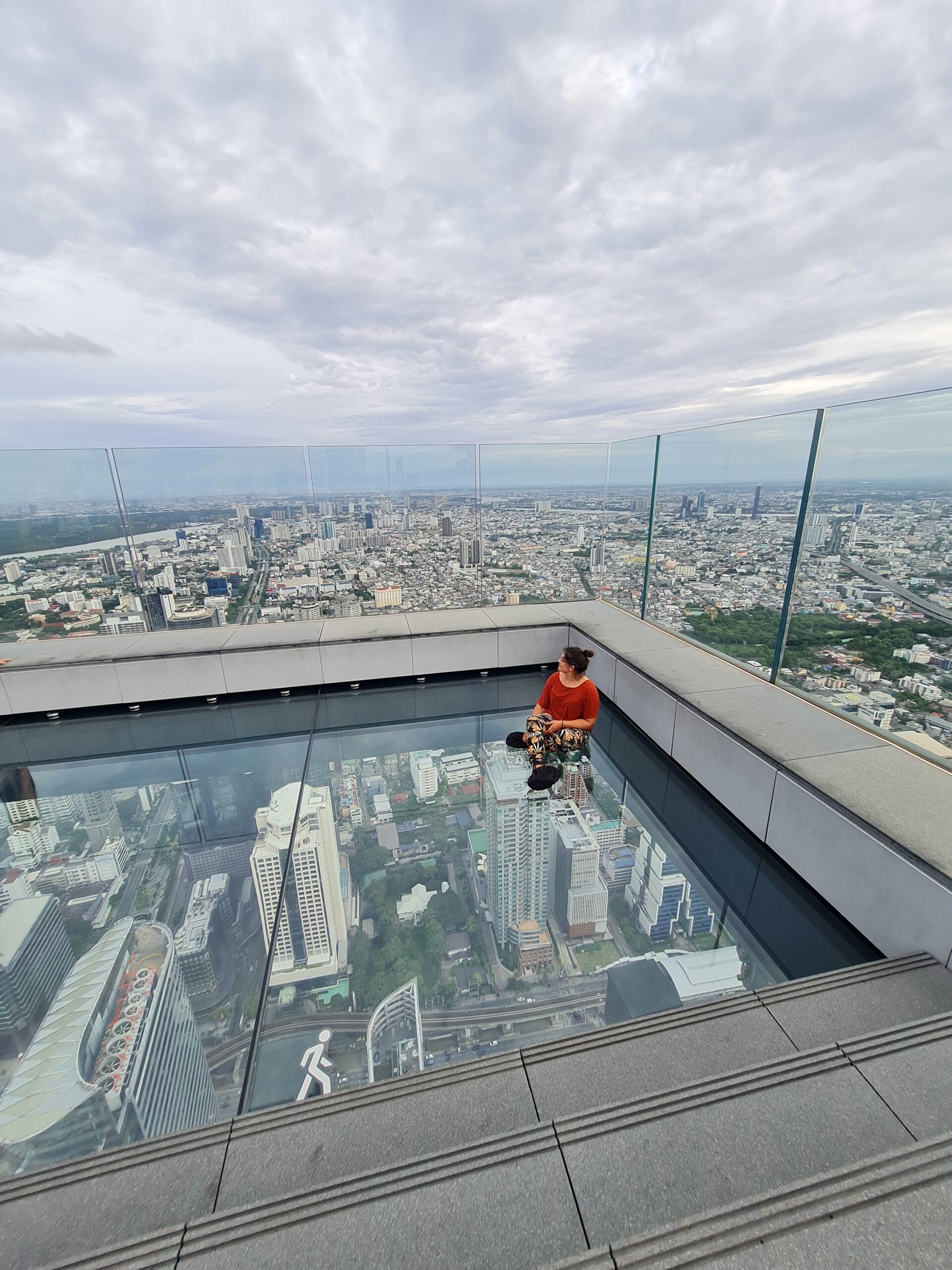
Is the King Power Mahanakhon (Bangkok) worth my money?!
Hey there, fellow travel enthusiast! 👋 If you’re planning a trip to Bangkok and wondering whether the King Power Mahanakhon is worth going to, look no further! Let’s dive into
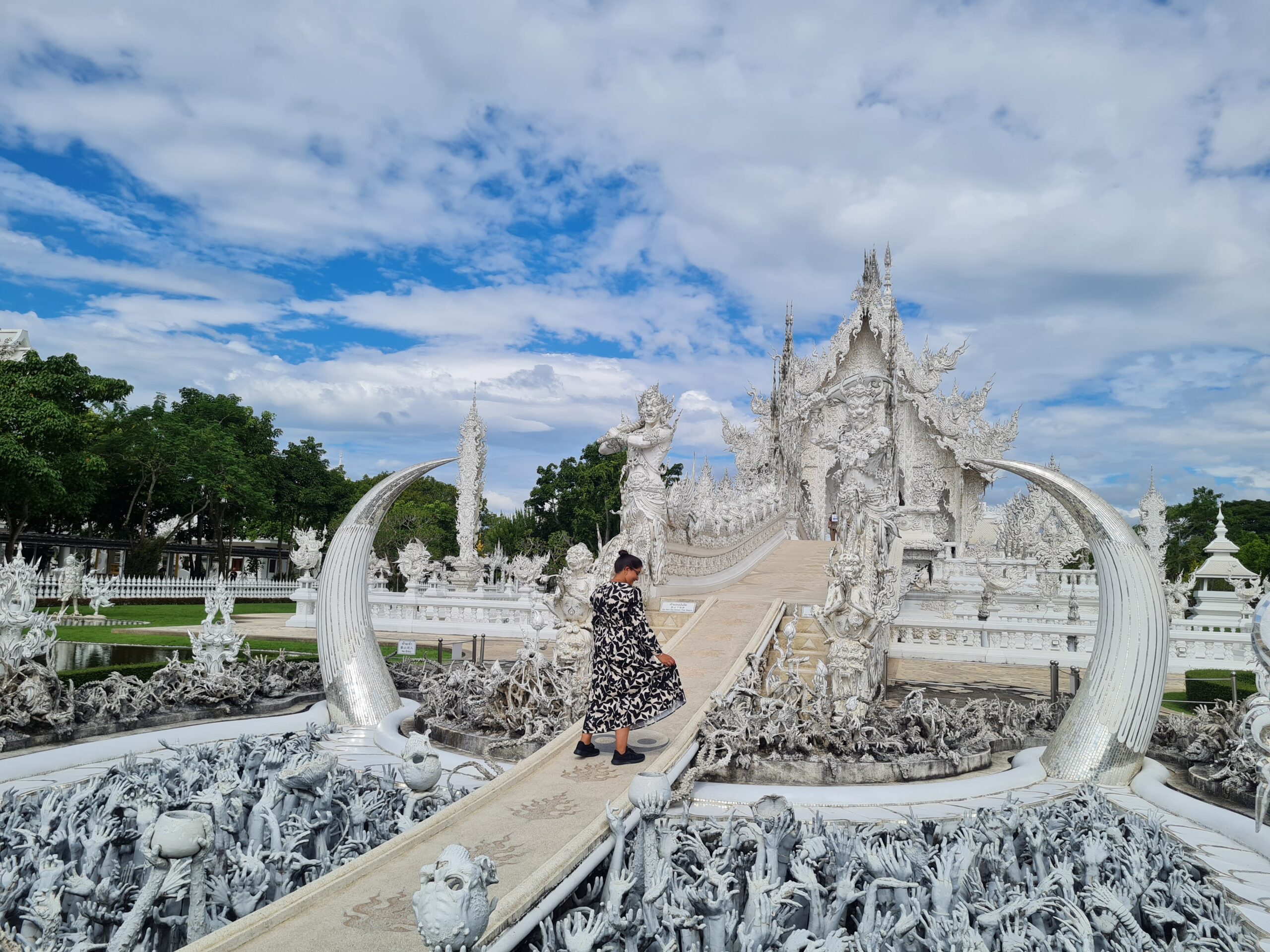
Wat Rong Khun: Chiang Rai’s white wonderland
Have you ever heard of the Wat Rong Khun (the White Temple) in Chiang Rai? If you haven’t please read further! It’s an amazing site in Thailand, that you need
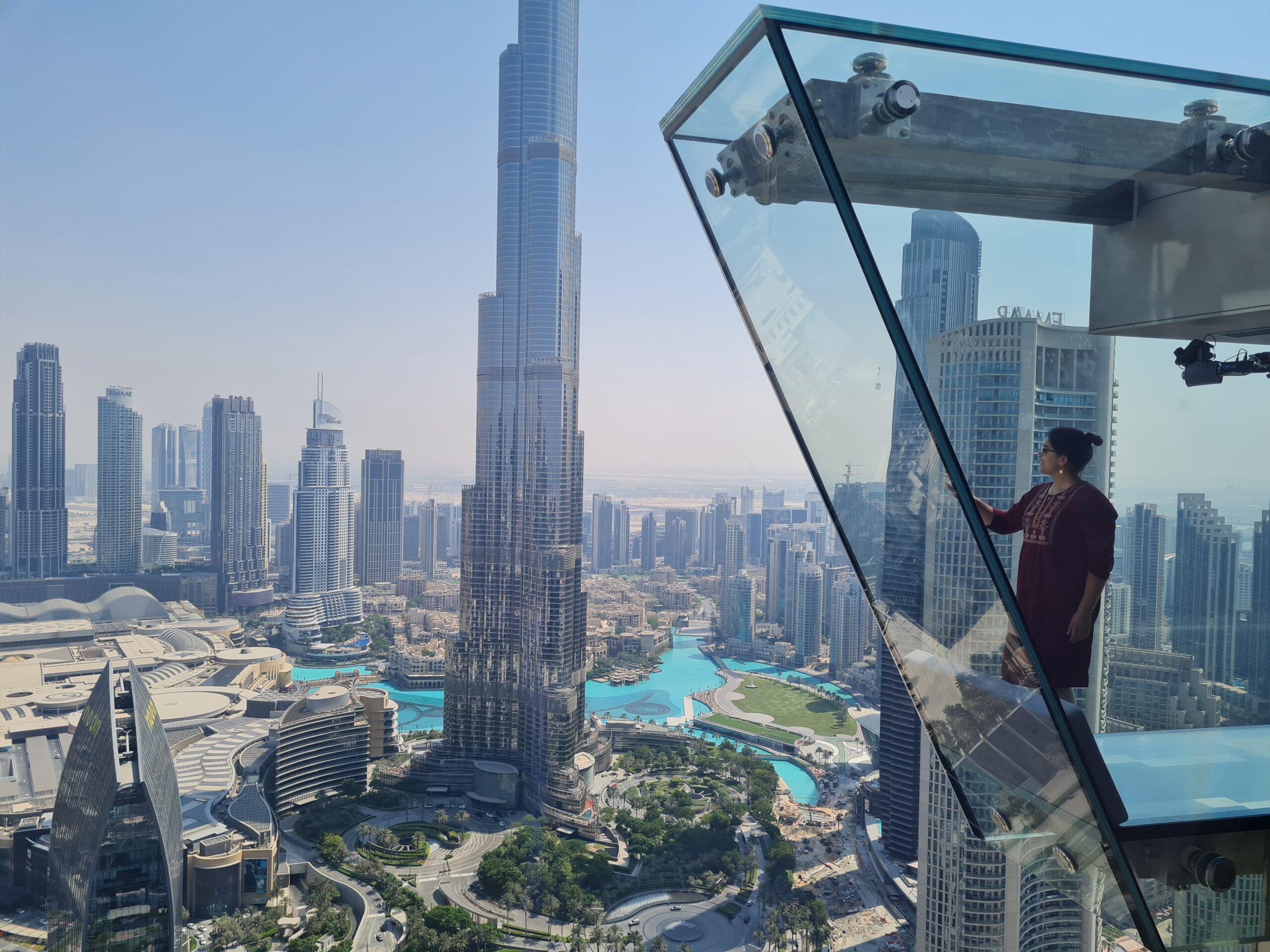
6 Reasons why you should visit the Sky Views Observatory in Dubai, UAE
6 reasons why you should visit Sky Views Observatory, and not the Burj Khalifa (if you have to choose 1 of both). If you can go to both, visit both
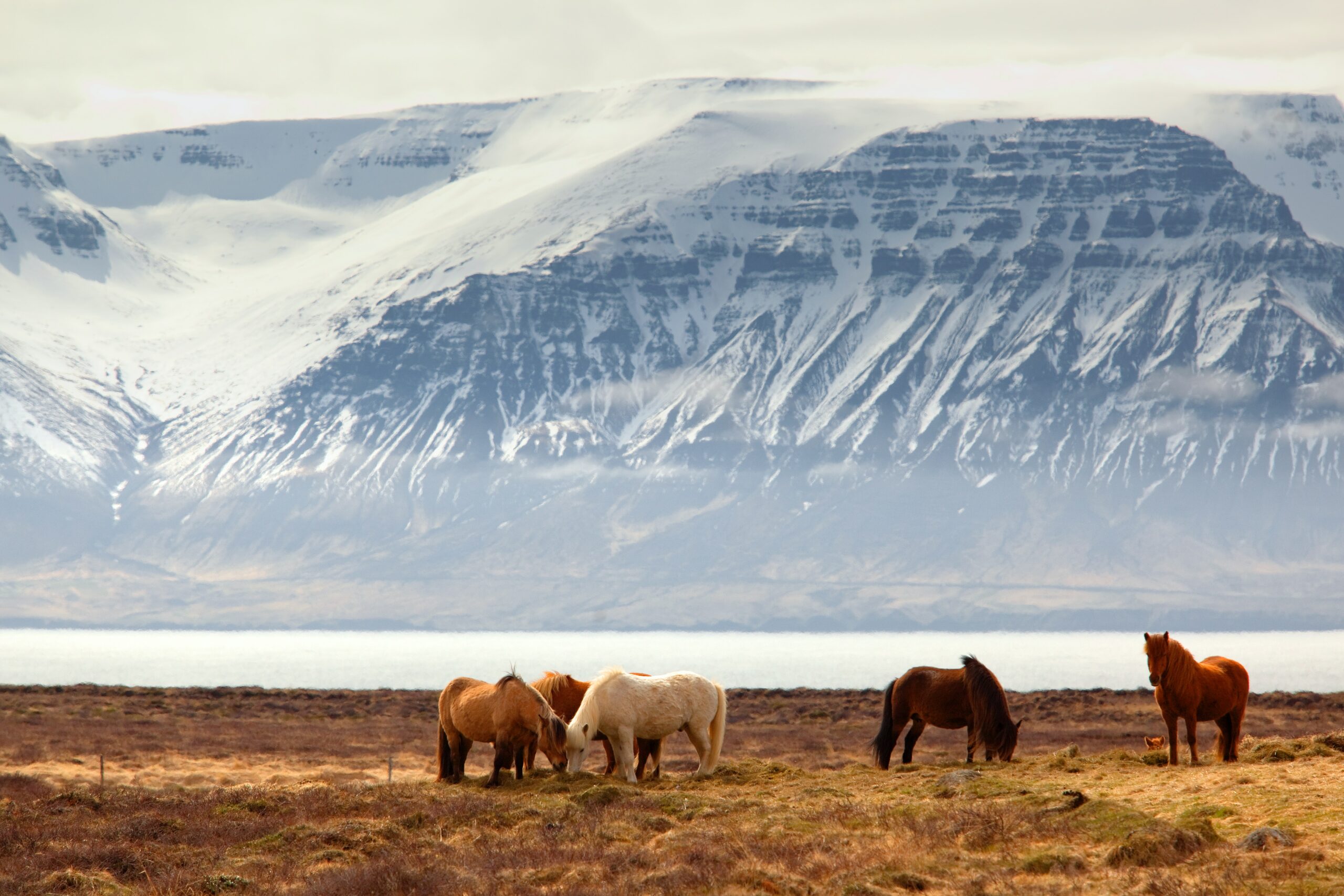
Iceland For Dummies: A Mini Guide
Hi! I am Chayenne, 27 years old and I live in the Netherlands. I have always been a big fan of nature and in 2021 I finally got to visit
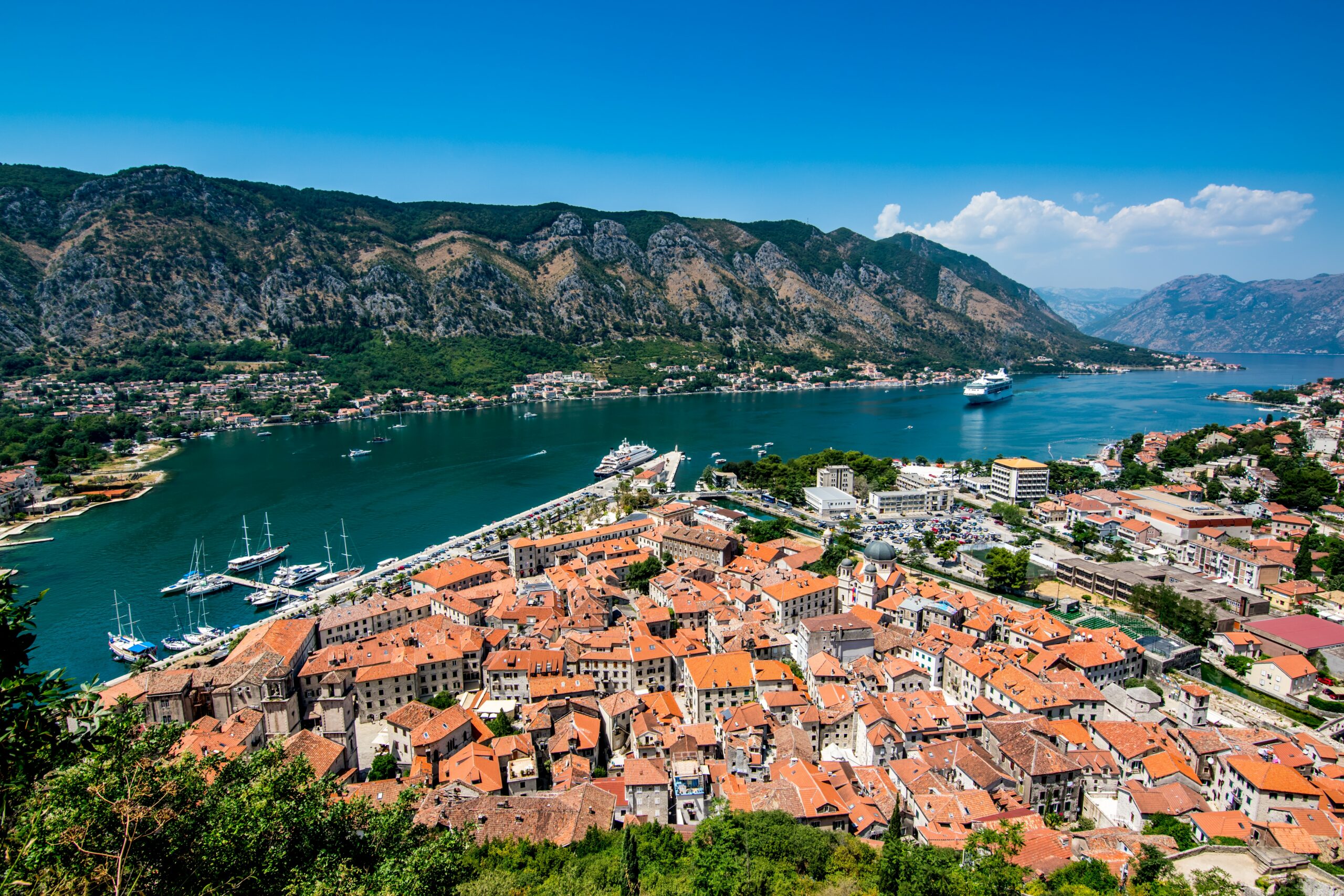
My Travel Plans for 2024
With 2024 coming closer and closer (only 1 month away!), I am starting to wonder about what that year will bring me. Work, personal, but also travel wise. Which places
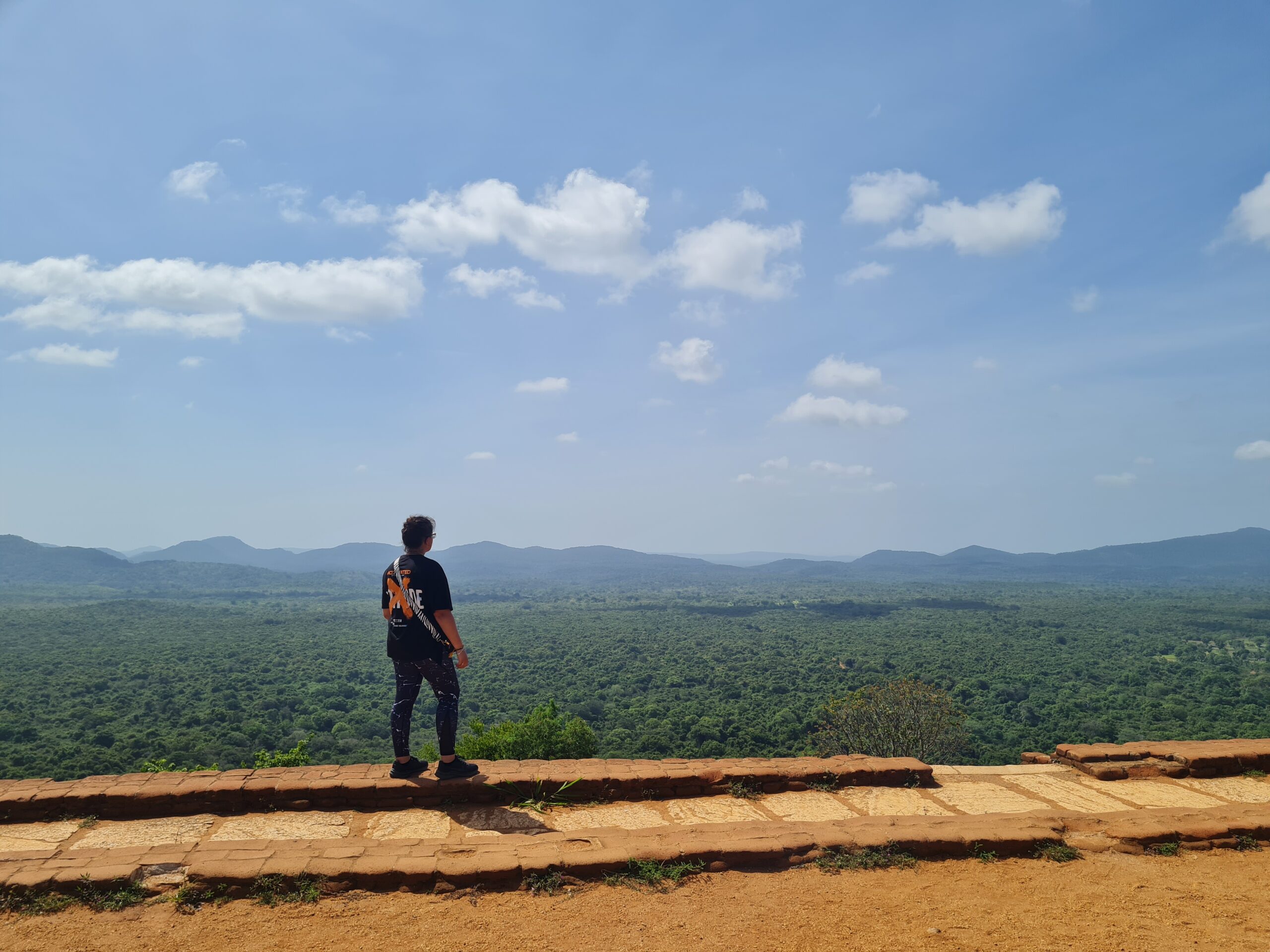
Is Climbing Sigiriya Rock in Sri Lanka a Challenging Adventure?
In June I visited the birth place of my father, Sri Lanka. We did a whole tour around the island and couldn’t skip Sigiriya. I am taking you on my

